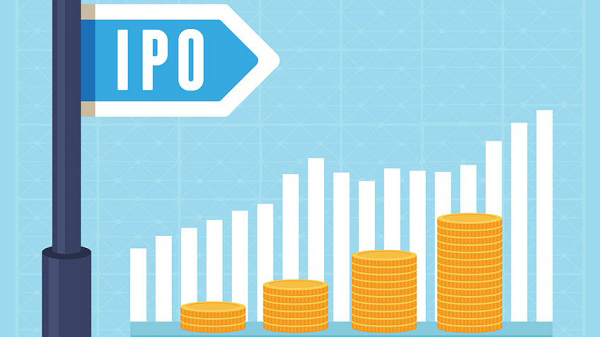Swindlers often target the elderly by preying on their concerns over health.
Given the high priority placed on health, the elderly represents a sizable market segment for healthcare products. Thus, swindlers can use anything from anti-cancer foods and energy boosting accessories to medical equipment and magnetic therapy products as the basis of their pyramid scheme. It may appear as if the swindler is selling healthcare products, but in reality he/she is luring people into a pyramid scheme.
Why is it easy to fall for pyramid schemes?
Certain characteristics of pyramid schemes are designed in a way which let the potential victims lower their guard. For instance, when a stranger approaches us to recommend products or investment plans, we usually become alert and listen skeptically; but when the same recommendations come from friends or relatives, we lower our guard almost instantly. Therefore it is often our own relatives and friends who unwittingly pull us into pyramid schemes.
Without having the slightest ill-intent, you can even be the one talking your friends and relatives into a pyramid scheme. You may be doing it for a commission, or just because you genuinely believe that the swindler’s plan is worth participating in. Whatever the case may be, it will inevitably end up being a lose-lose situation for all involved.
Bear in mind that “I’m not selling to you, I’m helping you” is a cliché common among swindlers to brainwash people.
When presented with promotions or investment opportunities related to healthcare products, elderlies should refer to the following to avoid being conned:
- Be wary of relatives or friends who are selling you things
The pyramid scheme is a type of network marketing and promotion among a group of people. Often the salesperson can be a relative or friend, or a person introduced by a trusted relative or friend. When listening to their pitch, don’t let your relationship with that person cloud your judgment. Be as rational and do ask questions about their products, plans and proposals, and don’t hesitate to turn them down if anything looks dodgy or too good to be true. And remember: the person standing before you may not even realise they are being scammed as well. - Verify the information
To be more convincing, a swindler may add personal experience to their sales pitch: “I use this product myself and it works wonders!” But even if that is the case, do note that this is just one side of the story. Especially when it comes to healthcare products with potentially life-threatening effects, it is crucial to seek professional advice first. - Don’t believe that talking others into a pyramid schemes will make you money
Pyramid schemes always require some form of an introduction fee, which the swindlers may describe as a ‘commission’, ‘return on investment’, ‘participation fee rebate’ or ‘discount on the purchase of goods’. Don't allow yourself to be manipulated: the fee is just the swindler’s way of recruiting puppets to sell their scheme. - Talk it over with someone you trust
Often it is an outsider who can see the full picture. We may fall into a pyramid scheme out of temptation or by the recommendation of a relative or friend. To prevent this from happening, it is a good idea to talk to someone you trust about money matters. Such conversations will help you see the situation from a different perspective. - Staying abreast of the latest on scams
Get an understanding of the workings of topical scams by staying on current affairs.
22 April 2020





